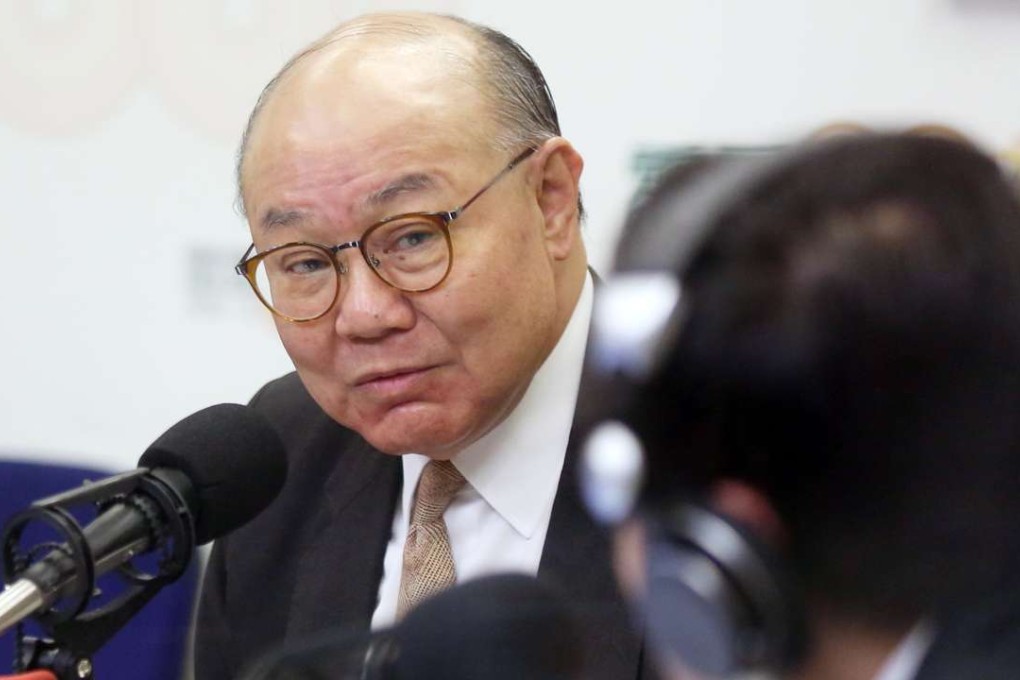Advertisement
Hong Kong chief executive hopefuls to face mock public vote ahead of March election
Occupy Central’s Benny Tai Yiu-ting believes more will come out to express their thoughts in wake of umbrella movement protests for universal suffrage
Reading Time:3 minutes
Why you can trust SCMP

The co-founder of the Occupy civil-disobedience movement, Benny Tai Yiu-ting, confirmed that a mock public vote on the city’s next chief executive will be held ahead of the election in March.
The news came on Thursday as New People’s Party’s Regina Ip Lau Suk-yee resigned from her Executive Council post and declared her bid for the city’s top job.
Former judge Woo Kwok-hing was the first to declare his intention to run.
Advertisement
Meanwhile, Financial Secretary John Tsang Chun-wah, who resigned earlier this week, is understood to be preparing to join the race while Chief Secretary Carrie Lam Cheng Yuet-ngor has said she will reconsider running.
Advertisement
Hong Kong Monetary Authority chief executive Norman Chan Tak-lam, seen as a dark horse, on Thursday declined to comment on whether he planned to run.
Advertisement
Select Voice
Select Speed
1.00x